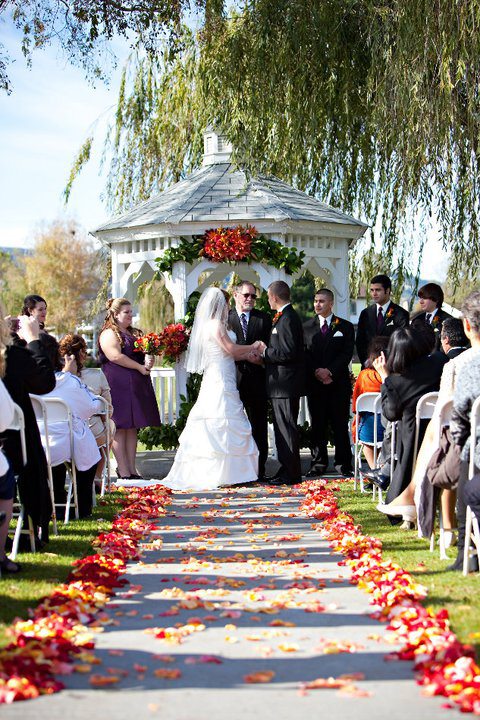How Much Should You Realistically Spend on a Wedding?
Planning a wedding can be both an exciting and overwhelming experience. One of the most crucial questions couples face is: how much should you realistically spend on a wedding? With so many decisions to make, especially when it comes to booking wedding venues, setting a budget can feel daunting. In this article, we break down the key aspects of wedding spending and provide guidance to help you plan a celebration that fits your financial reality.
Understanding the Average Wedding Cost
Before diving into specific expenses, it’s important to have a realistic sense of what weddings typically cost. According to recent data, the average wedding in the U.S. ranges from $20,000 to $30,000. However, this number can vary widely depending on location, guest count, and style of wedding.
While it’s easy to get lured into extravagant spending, the key is to create a budget that aligns with your financial situation. Overspending can lead to post-wedding stress, so setting a clear, realistic budget is essential.
The Importance of Wedding Venues in Your Budget
Choosing wedding venues is often one of the largest single expenses in any wedding budget. Venue prices vary greatly, influenced by location, season, and the scale of your celebration.
For instance, a popular urban venue might charge a premium compared to a charming countryside location. Additionally, some venues include catering and decorations, while others operate airdrop style, requiring you to budget separately for services.
When planning, allocate roughly 40-50% of your budget to your venue and the associated costs. This includes rental fees, security deposits, and sometimes even event insurance. Keep in mind that having your ceremony and reception at the same venue can save money on transportation and setup.
Other Significant Wedding Expenses to Consider
Beyond wedding venues, the budget should also cover the following:
Catering and Beverages
Feeding your guests can be a significant expense. Per-person costs for catering vary based on menu choices, whether it’s plated dinner or buffet, and beverage selections. Don’t forget to include alcohol costs if you’re planning an open bar.
Photography and Videography
Capturing memories is priceless, but professional photographers and videographers come with their own fees. Depending on the quality and hours of coverage, costs may range from a few hundred to several thousand dollars.
Attire and Accessories
The bride’s and groom’s outfits, including shoes and accessories, should be accounted for. Remember alterations, dry cleaning, and possible second outfits for the reception or after-party.
Flowers and Decorations
Floral arrangements and decor can dramatically affect the wedding atmosphere but can also add up quickly. Choose florals that are in season, and consider DIY options to limit costs.
Entertainment
Hiring a DJ, band, or other entertainers is essential for many. Prices vary depending on experience and the length of the performance.
Tips for Setting a Realistic Wedding Budget
Prioritize What Matters Most
Make a list of what aspects of your wedding mean the most to you and allocate your budget accordingly. You might want to splurge on a dream venue but keep decorations simple.
Do Your Homework on Wedding Venues
Research wedding venues extensively before booking. Some venues offer off-peak discounts or allow you to bring your own vendors, which can save money.
Get Quotes and Compare
Never settle for the first price. Request detailed quotes from various vendors and compare what services are included.
Plan for Unexpected Expenses
Set aside a contingency fund (around 5-10% of your budget) to cover surprises such as last-minute setup changes or additional guests.
Consider a Smaller Guest List
Reducing the number of guests can drastically cut costs. Fewer guests means lower catering, seating, and venue size costs.
Final thoughts
Determining how much you should realistically spend on a wedding is a personal decision shaped by your financial capacity and priorities. By understanding where your money goes—starting with wedding venues, often the largest expense—you can craft a wedding plan that celebrates your love without causing financial strain. Remember, the perfect wedding isn’t about how much you spend, but about creating cherished memories with those you love. Plan wisely, stay true to your budget, and enjoy the journey to your big day!
Visit our blog page for more interesting articles



Follow Us!